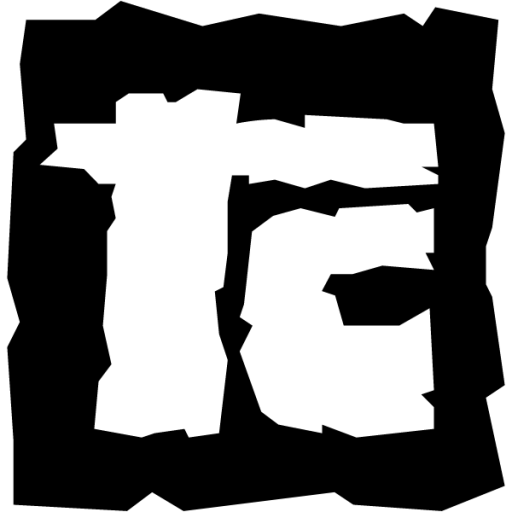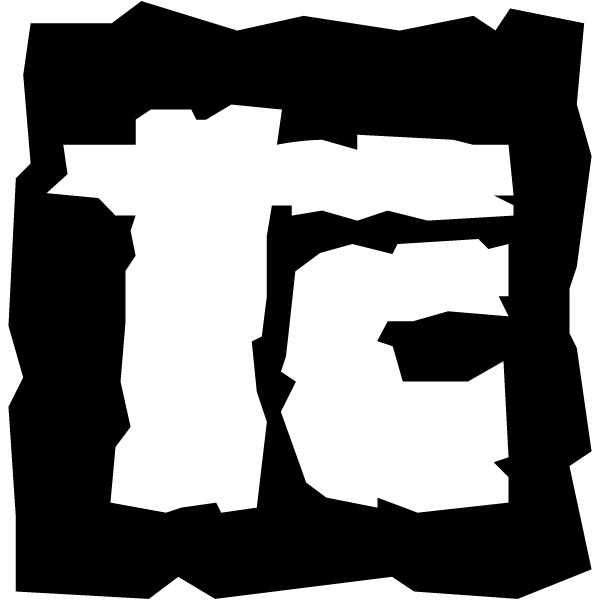Since 2016, I’ve served as a course director and instructor for York University’s Bachelor of Design program. Course topics include information design, communication theory, typography, and the social ethics of design.
Additionally, I am a TEFL-certified English instructor with over a decade of experience in both Canada and Asia. From 2016-2019, I helped to develop and expand Peace Boat’s English and Spanish education program, with locations in Tokyo and on board Peace Boat’s iconic global voyages. Prior to this, I provided tailored English curriculum and instruction for clients such as Tokyo Metro, City-Yuwa Partners, the Shinjuku Fire Department, JINS Eyewear, and the Tokyo Metro Hospital network.
My multidisciplinary education helps me craft unique, practical and engaging lessons for a diverse clientele. I hold a master’s degree in design and certificates in both business and teaching from York University, and a bachelor’s degree with high honours in music theatre from Sheridan College. Throughout my teaching career, I have worked with universities, corporations, small businesses, language schools, non-profits, and private academies to help their staff and students achieve the skill proficiency and social context required to succeed in their chosen fields.
I believe the primary function of any educator is to:
- Help learners to recognize the real-world value of their selected course of study.
- Eliminate barriers to new skills and information.
- Co-create a broad and inclusive contextual framework for all new skills and information, which supports the development of academic and professional ethics.
I’m passionate about languages as both as a teacher and a student, and continue to study French (B2), Japanese (JLPT N3), and Spanish (A2).
DESIGN EDUCATION TOPICS
Students will learn to:
• Identify “contemporary” movements within the broader field of design.
• Improve their familiarity with design history research tools.
• Contextualize a designed object among the social and cultural phenomena with which it is in dialogue.
• Develop an awareness of how design choices can invite, support, deter or prohibit user behaviour.
• Attain generic skills, such as problem solving, communications, ability to tackle unfamiliar problems, analytical and critical thinking skills
Course dscription coming soon.
Students will learn:
• Coming soon.
Course dscription coming soon.
Students will learn:
• Coming soon.
Course dscription coming soon.
Students will learn:
• Coming soon.
Course dscription coming soon.
Students will learn:
• Coming soon.
LANGUAGE EDUCATION TOPICS
General English lessons cover all elements of English usage and are suitable for all students, from absolute beginners to advanced learners with specific goals.
Lessons include:
- Conversational English usage
- Foundational grammar
- Task-based lessons
- Reading newspapers, magazines, and literature
- Listening to/watching media
- English correspondence
- Custom student-requested lessons (music, sports, hobbies, etc.)
Academic English focuses on understanding post-secondary content such as academic journals, citation systems, and style guides.
Lessons include:
- Reading academic texts
- Writing/correcting/editing assignments
- Working with various style guides/citation systems
- Understanding English academic media (audio/video)
- Exam/test preparation
- Reviewing past assignments, essays, and exams
- Understanding essay structure and writing essays/papers
- Writing program, grant, and scholarship applications
- Proofreading
- Reading and understanding academic curricula, rubrics, announcements, etc.
Business English focuses on industry-specific vocabulary, situational language, business texts and media, and drafting and reviewing professional documents.
Lessons include:
- Business vocabulary
- Reading business texts
- Business correspondence
- Understanding business media (newspapers, television + radio)
- Situational business English
- Global business culture
- Writing business documents such as business plans, calls for proposals, grant applications and other documents
TOEIC/IELST/Test Preparation focuses on the unique demands of standardized language tests and covers all elements of test preparation and material comprehension for the specified test.
Lessons include:
- Understanding the structure of the standard English-language tests
- Intensive test preparation
- Structured vocabulary explanations
- Taking, grading, and reviewing practice tests
© Site by Trevor Campbell.
All Rights Reserved.
Photo credit: Brian Medina

